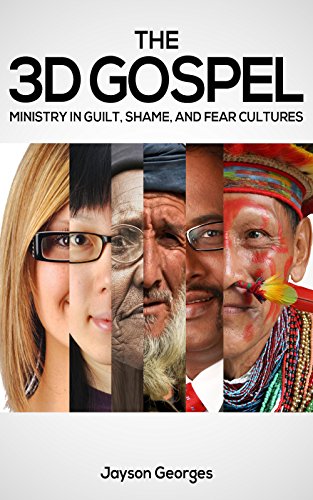In The 3D Gospel, Jayson Georges gives a concise introduction to how the Gospel can be presented in a culturally compelling way across the world. Is it always the best approach to talk in terms of our personal guilt, our individual forgiveness and God’s justice? Or can we see other elements in Scripture which may resonate more deeply in certain situations?
Ways of seeing the world
It was missiologist Roland Muller who popularised the idea of cultures having a heightened sense of either guilt and innocence, shame and honour, or fear and power. Whilst every culture, subculture and individual is influenced by a mix of all of these to some extent, it is possible to broadly categorise cultures within the frameworks. For example, the UK may be usefully called a guilt-innocence culture and the Middle East an honour-shame culture, with folk Islam introducing a fear-power element. Georges presents this paradigm as a key way to think missionally because, as he makes clear, this has a profound effect upon how the narrative of salvation may be presented and understood. Put simply, an Arab Muslim may be much more concerned about gaining honour and avoiding family shame, or perhaps protecting themselves from the power of the ‘evil eye’ and jinn, than they are about seeking forgiveness and avoiding guilt.





